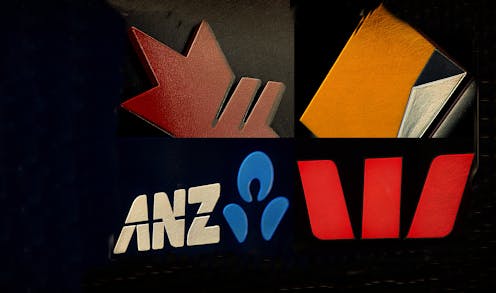Australia's Reserve Bank signals the end of ultra-cheap money. Here's what it will mean
- Written by The Conversation

The Reserve Bank of Australia had a Cup Day surprise in store for the country, announcing it was abandoning its policy of “yield curve control”, meaning it was no longer going to defend any particular interest rate for borrowing over any particular duration.
Until today it had a formal target for the three-year bond yield of 0.10%, enabling banks to provide three-year fixed mortgages very cheaply, and indicating the cash rate wouldn’t climb above 0.10% until the most recent three-year bond expires in April 2024.
But it has now abandoned the target, a full two years early.
Why control the yield curve in the first place?
When COVID hit last year, the bank announced it would buy enough government bonds to keep the yield on the three-year bond at 0.25%, as good as guaranteeing money would be cheap for years to come.
Later, it cut the target for three-year bond yields (and the target for its cash rate) to a near-zero 0.10%, further lowering the cost of borrowing.
Read more: 5 ways the Reserve Bank is going to bat for Australia like never before
Responding to an improving economy, the bank decided at its July 2021 meeting not to extend the program bond target beyond April 2024.
The decision created a reasonable expectation the cash rate would remain close to zero until 2024.
What did yield curve control achieve?
Yield curve control achieved a lot. It took the bank just 11 days and A$27 billion dollars of bond purchases to achieve its first target, establishing ultra-low interest rates for years into the future.
After that, it didn’t need to spend much. The new three-year rate became the new norm. Markets believed it would do whatever was needed to defend it.
Over the next 18 months it intervened in the market only occasionally, and only in small amounts. That all changed last week.
Read more: RBA starts three-year countdown to lift in interest rates
On October 15, the three-year bond rate started to climb above the bank’s target of 0.10%. It initially bought enough bonds to defend the rate and then, without warning, capitulated last Thursday, as good as withdrawing from the market and allowing the rate to climb to a high of 0.70%.
By Monday the rate had climbed to more than 1.00%, more than ten times the Reserve Bank’s target.














